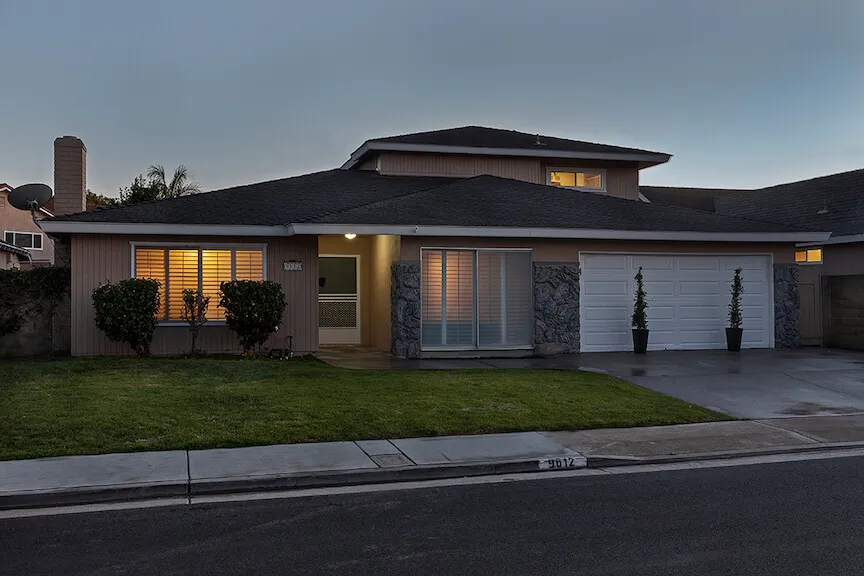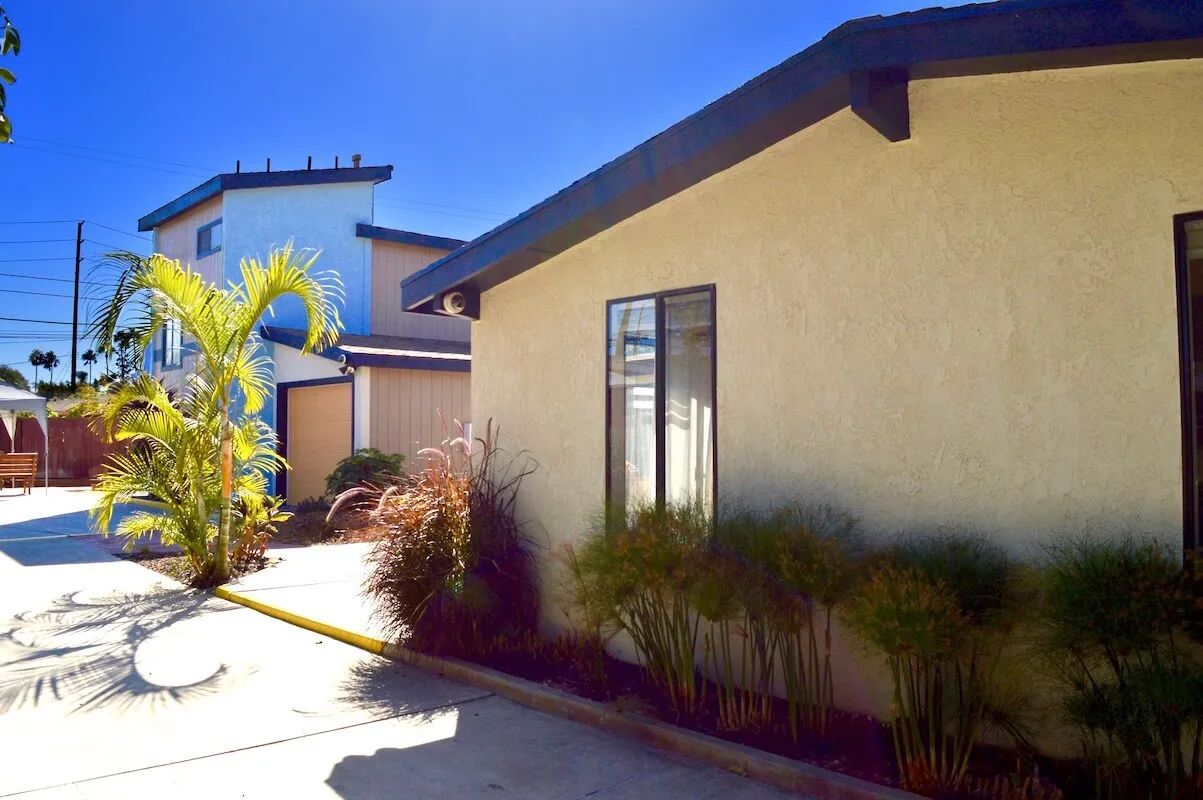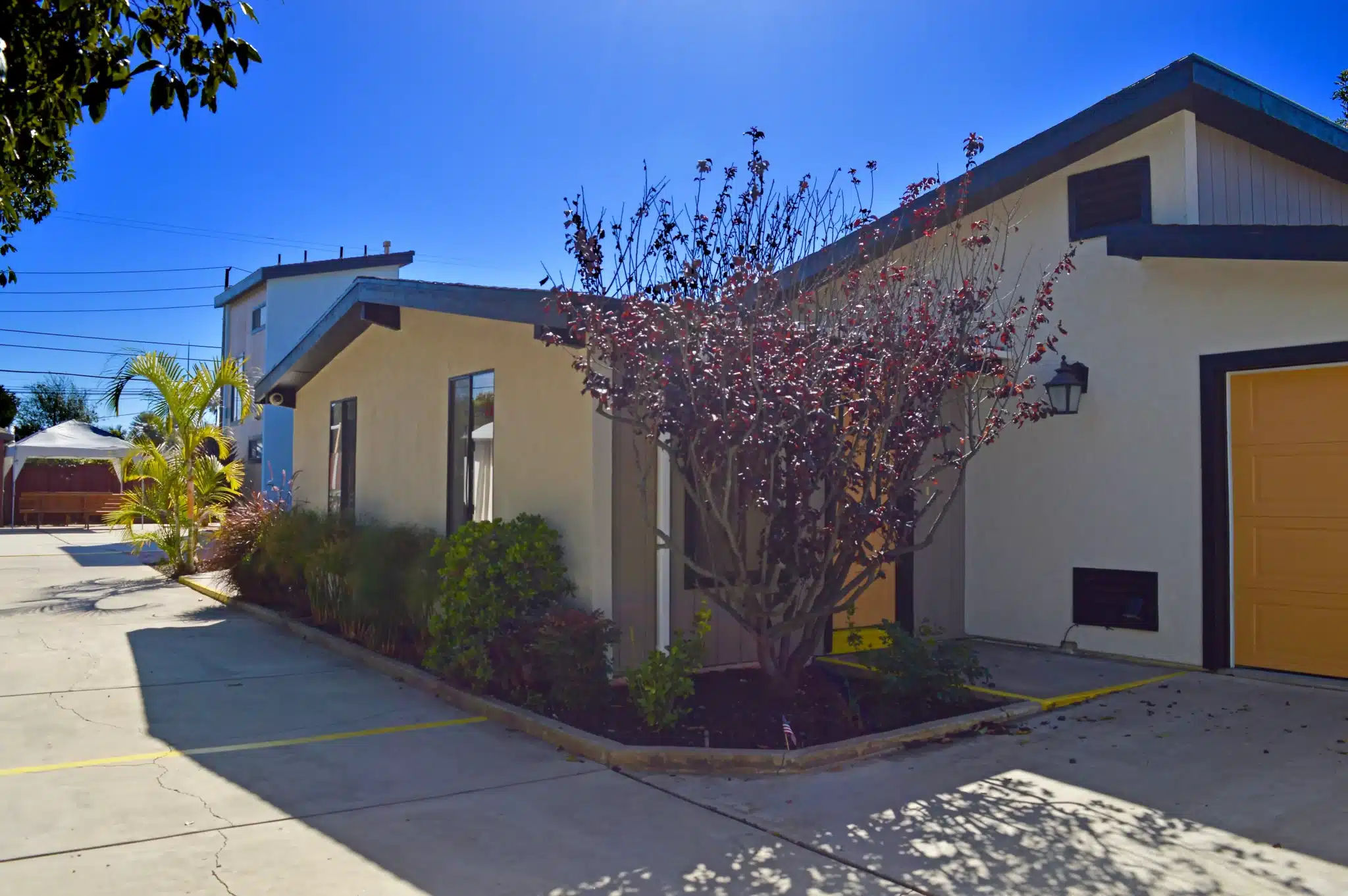Alcohol is one of the most common addictions in the United States. It is sold in grocery stores, convenience stores and restaurants, making it one of the easiest addictive substances to access. Most adult social gatherings include alcohol and many people use alcohol socially on a regular basis without developing an addiction to it. The line between social drinking and alcohol dependence can be crossed with little warning. It is important to understand the physical impact of alcohol use on the body and the brain as well as the warning signs of addiction. It is also important to understand how difficult it can be for someone addicted to alcohol to seek treatment and what form alcohol rehab will take once they do decide to ask for help. Despite its social acceptance, alcohol abuse can lead to a spiral of addiction that has a serious impact on the body and the mind. Oftentimes, alcohol rehab is needed to safely withdrawal and gain long-term recovery.
Alcohol can come in many forms, including beer, wine and different varieties of liquor. Alcohol is a byproduct of the interaction of yeast and sugar in the fermentation process. In spite of its addictive properties, the DEA does not classify alcohol as a controlled substance. Alcohol serves to suppress the central nervous system. At lesser consumption, alcohol acts as a stimulant whereas with higher consumption alcohol serves a sedative. In higher levels is causes diminished reactions of the central nervous system. Alcohol is considered a socially acceptable way for people to “let loose” or relax. “Happy hour” is generally regarded as a time to use alcohol to de-stress from the workday and socialize with friends.
Alcohol is rapidly absorbed into the bloodstream. The liver is designed to metabolize alcohol, but it can only handle a small amount of alcohol at a time (typically the equivalent of one drink per hour). The remainder of the alcohol in the body is absorbed into the bloodstream where it impacts the central nervous system. This manifests into slurred speech, difficulty with walking and coordination, and slower reaction times. At extremely high dosages, alcohol can impact the respiratory system and the individual’s breathing, which can lead to death. Over time, excessive alcohol use can cause brain damage, cirrhosis of the liver, pancreatitis, and even certain cancers. Women who drink alcohol while pregnant risk delivering a baby who is addicted to alcohol at birth along with other abnormalities.
Alcohol acts as a stimulant in the brain and causes feelings of euphoria, increased sociability, and decreased inhibitions. At higher doses, the suppression of the central nervous system causes drowsiness and can cause a blackout, resulting in a total loss of short-term memory or even a coma. As with all drugs, once the alcohol leaves the bloodstream, the individual “crashes,” experiencing severe fatigue and headaches. Over time, the human brain is remarkably adaptable, the more alcohol a user drinks, the more the brain adapts to the presence of alcohol in the bloodstream. This adaptation requires the user to increase their alcohol use over time to maintain their high, which can lead to addiction.
The most common sign of alcohol addiction is the inability to stop drinking. Individuals who are addicted to alcohol may feel a sense of powerlessness and a feeling that their alcohol use is out of their control. They may also feel depressed when they aren’t drinking, as that is when they are faced with an often unpleasant reality. Individuals with an addiction to alcohol require numerous drinks in order to function on a daily basis. In addition to the increased alcohol tolerance, the central nervous system can react to a lack of alcohol by causing the body to shake uncontrollably. For anyone who is experiencing these symptoms, alcohol rehab may be the best option for recovery.
For those around the user, there are signs to look for that should clue them in that something isn’t right. Alcoholics may hide their alcohol use and get annoyed when others criticize their drinking. Conversely, they may flaunt their drinking and publicly engage in risky behavior or otherwise act out of character. They may get traffic tickets, arrested for driving under the influence, struggle to keep their job or with maintaining healthy relationships. Some other warning signs to look out for include frequently missing work or other important life events, financial problems, depression, lack of interest in things that previously brought them joy, and mood swings.
The decision to get treatment for alcohol abuse can be one of the most difficult decisions to make. There are times when the individual makes the decision on their own. This decision can be made by the individual on their own or made for them by external factors such as family, friends, and even law enforcement. The biggest barrier to seeking treatment is the belief that the alcohol addiction cannot be cured or that the individual can handle getting clean on their own.
Making the decision to enter alcohol rehab can additionally be difficult if the user has experienced treatment previously and relapsed. Just because a person has relapsed doesn’t mean that alcohol treatment won’t work again. According to the National Institute on Drug Abuse, between 40%-60% of those suffering from substance abuse disorder will relapse before gaining long-term recovery. A relapse doesn’t mean that you’ve failed, it simply means that the treatment approach wasn’t right for you, and you may need an alternative approach. Just as with any health concern, the first treatment method doesn’t always work but the key is to try a different method to achieve success.
Treatment for alcohol addiction must be individualized to work. It’s not uncommon for a treatment facility to have multiple options and treatment modalities so the individual can find the right path that caters to them.
Making the decision to seek treatment for alcohol addiction can also require a moment of clarity uninhibited by alcohol use. Oftentimes, the person suffering from alcoholism drinks to escape fear, anxiety, trauma, and other painful emotions. Having a moment of clarity can come at uncertain times and is why individuals wait so long to receive treatment. Moments of clarity can come after an incident or life-threatening event and the individual realizes that they cannot continue to live life this way.
In some cases, the individual has a severe addiction and cannot find that moment of clarity in which they realize that they need help. In those instances, it might be up to the individual’s friends and family to help them see that they need help to manage their addiction. While treatment is proven to be more effective when an individual enters voluntarily, the most important thing is to get them treatment, regardless of how they get there.
Withdrawal is the process of an individual experiencing symptoms during the detoxification process. When an individual is physically addicted to a substance, their body will become chemically dependent. During detox, withdrawal happens when the body feels the absence of the chemical being withheld. Symptoms such as nausea, vomiting, chills, and insomnia can be frequent and vary from person to person.
There are cases in which individuals avoid treatment for fear of the withdrawal process. While the withdrawal process will be different for each person who attends alcohol rehab, detoxing from alcohol can be extremely unpleasant. Withdrawal symptoms depend on a number of factors such as the duration the person was drinking before treatment, the amount of consumption, and the overall mental state of the person undergoing treatment. It’s crucial to remember that while treatment can be uncomfortable, it is also temporary.
In the case of alcohol withdrawal, individuals might experience other numerous physical and mental symptoms such as shaking or restless leg syndrome. Individuals going through alcohol withdrawal may also experience a loss of appetite, headaches, and insomnia. Mental symptoms of withdrawal from alcohol include anxiety, irritability, and depression. More serious symptoms include seizures and thoughts of suicide or self-harm. The brain of the alcoholic has become adapted to the regular presence of alcohol in the bloodstream. Once that regular alcohol “fix” is removed, the brain will begin to send the body signals in an attempt to restore that balance. The detoxification process is the process of teaching the body to recognize a new, healthier balance, without dependence on alcohol.
During withdrawal, an individual may also begin to feel a number of different physical and emotional symptoms. Oftentimes, the most difficult symptom to manage is alcohol cravings. Cravings can manifest as physical and emotional. First, the body craves alcohol as a way to minimize other physical symptoms. Second, the brain is lacking the “high” of dopamine accompanied with alcohol consumption and is craving to re-enter that state. In addition, since alcohol impacts the user’s central nervous system, those going through withdrawal may experience uncontrollable shaking as the body attempts to work without the generalized influence of alcohol. Withdrawal from alcohol can also cause changes in your mood. Due to the decrease in dopamine in the brain, depression is a common withdrawal symptom. This depression can become serious, even leading to suicidal thoughts as referenced above.
The detoxification process can last anywhere from a number of days to a number of weeks. This typically depends on a number of factors including how long the person was in active addiction, and the person’s mental state. While detox is just the first step of alcohol rehab, the person will more than likely need to undergo additional treatment to understand the root cause of their addiction and learn skills to handle everyday life without substances. Alcohol detox is often the first and most crucial step in a long process of addiction treatment.
Individuals with a mild dependence on alcohol might be able to wean themselves off without residential treatment. Anyone who goes through detox at home should do so under the care and supervision of a physician. Detoxification can cause physical and emotional trauma. At a minimum the individual should seek support from a trusted friend or family member who can monitor the process and be on the lookout for warning signals that might require medical attention. For individuals with a more severe alcohol addiction, or those who don’t have a support system at home to assist them, the detoxification process should be monitored by both medical and mental health professionals in a controlled treatment setting. This can be in a hospital or a residential treatment center.
An alcohol rehab or residential treatment center can offer many benefits and tools to kickstart the recovery process. First, and most importantly, the center has a number of medical professionals that are specially trained to guide individuals through the detox process. There are medications that medical staff can provide to help minimize withdrawal symptoms. For severe alcohol withdrawal symptoms, medications such as benzodiazepines can be given to help treat symptoms like anxiety and insomnia.Medical supervision may also be necessary to monitor other withdrawal symptoms such as high blood pressure, seizures or hallucinations.
Once an individual has safely undergone detox, the next step is to begin working with a counselor or a therapist to to begin to formulate a plan to live without the aid of alcohol. The brain has been used to overcompensating for the depressive effects of alcohol on the brain and nervous system. It take time not only for the brain to be retrained to function normally without the presence of alcohol, but also the nervous system as well. Mental health counseling is the cornerstone of any residential treatment program and can help those who used alcohol as a way to hide from painful feelings or situations. Counseling can also help the recovering addict process and move forward through the guilt that they feel about their alcohol use. Counseling can help to free the individual from that guilt and also help them to rebuild their relationships.
Residential treatment facilities provide a number of different therapies to help individuals through the recovery process. Cognitive behavioral therapy (CBT) is a useful therapy that challenges the thoughts, beliefs and attitudes that led to drug addiction in the first place. CBT is considered a problem-focused therapy in that it addresses current issues and helps to establish strategies to deal with those issues. Another useful therapy includes dialectical behavioral therapy (DBT). DBT uses CBT ideals combined with the concept of mindfulness. In DBT, the person utilizes learned distress tolerance skills, emotional regulation techniques, and new coping skills that can be useful in safeguarding against relapse.
One of the biggest benefits to attending a residential treatment program is the chance to interact with likeminded individuals who are undergoing or have undergone the same process of recovery. Alcohol rehab provides group therapy that allows individuals to hear inspiring stories, help others process emotions, and understand that they’re not alone. Group therapy additionally gives individuals the opportunity to support others along the process. Whether it’s how to cope with a trigger, giving a piece of encouragement, or helping others process emotions, the power of group therapy and peer support is invaluable. Another useful tool to help cultivate in recovery comes from 12-step programs such as Alcoholics Anonymous. Paired with residential therapy, the 12-step tools can provide individuals with structure and connection that someone may not have had before addiction.
Residential treatment facilities can also provide alternative or holistic therapies. Separate from traditional treatment, these types of modalities can include different activities, as well as provide a therapeutic benefit. Art therapy can help those struggling with expressing emotions begin to assert themselves. Art therapists can work with individuals to process their art and uncover emotions that are reflected in the piece.
Another type of holistic therapy in alcohol rehab is equine therapy. Horses can be an extremely beneficial form of therapy due to their non-judgmental approach. Horses are also helpful in mirroring emotions for those that care for them. Equine therapy brings an overarching approach of helping individuals reach calm and relaxed states, while still caring for the horse.
Eventually, the person involved in treatment will need to re-enter their everyday living and integrate back to society. When a person enters alcohol rehab, the detox process and treatment setting should begin to prepare the person making this transition. During the end of the treatment process, the staff at the alcohol rehab will begin to help the individual prepare to leave treatment and integrate back into society. Typically, a relapse prevention plan is put in place, reviewing triggers, coping mechanisms, discussing options for returning to work, family and social obligations. The team will also provide recommendations for outpatient treatment or refer the individual to a therapist or counselor in their area for recurring visits.
Because alcohol is so prevalent throughout our society, and because drinking is common in social situations, people who suffer from an alcohol addiction need to remain vigilant with their coping mechanisms. A single drink doesn’t necessarily signal a relapse but could be the start of a slide back into alcohol use. Typically, recovering alcoholics continually need to practice abstinence from alcohol and are often hesitant to put themselves into situations where alcohol is present for fear of relapse; however, even if a person does relapse and begin using alcohol again, that doesn’t mean that their treatment has been a failure.
If an individual relapses and re-enters alcohol rehab treatment, the chances are high that they will end up in long-term recovery. Some warning signs of alcohol relapse include isolating themselves from others, re-establishing relationships with previous “drinking buddies,” missing meetings or therapy sessions, and talking fondly of alcohol or their drinking days.
Unlike narcotics or prescription drugs, alcohol can be purchased by anyone over the age of 21 without a prescription or permission. Because of the ease of access, alcohol requires a high level of self-control in order to maintain a healthy level of usage. Because drinking so often takes place in social situations, overuse can be gradual and hard to recognize.
If you or someone you love is suffering from alcohol addiction, or in need of alcohol rehab, contact Asana Recovery or give us a call today at 949-763-3440. Our trained professionals will walk you through the admissions process and make sure all of your questions are answered. The first step is admitting you need help, and is often the hardest. Once you take that first step, there will be a team on your side to help you be successful in your new future.







Located in the heart of Orange County, CA Asana Recovery’s homes help individuals find community and camaraderie while recovering from drug and alcohol addiction.
Asana Recovery is licensed and certified by the State Department of Health Care Services.
In the video, Olivia, a former addict, describes a typical day in a drug and alcohol rehab center, providing insights into the daily routine and activities in addiction treatment.


Asana Recovery
We firmly believe that the internet should be available and accessible to anyone, and are committed to providing a website that is accessible to the widest possible audience, regardless of circumstance and ability.
To fulfill this, we aim to adhere as strictly as possible to the World Wide Web Consortium’s (W3C) Web Content Accessibility Guidelines 2.1 (WCAG 2.1) at the AA level. These guidelines explain how to make web content accessible to people with a wide array of disabilities. Complying with those guidelines helps us ensure that the website is accessible to all people: blind people, people with motor impairments, visual impairment, cognitive disabilities, and more.
This website utilizes various technologies that are meant to make it as accessible as possible at all times. We utilize an accessibility interface that allows persons with specific disabilities to adjust the website’s UI (user interface) and design it to their personal needs.
Additionally, the website utilizes an AI-based application that runs in the background and optimizes its accessibility level constantly. This application remediates the website’s HTML, adapts Its functionality and behavior for screen-readers used by the blind users, and for keyboard functions used by individuals with motor impairments.
If you’ve found a malfunction or have ideas for improvement, we’ll be happy to hear from you. You can reach out to the website’s operators by using the following email
Our website implements the ARIA attributes (Accessible Rich Internet Applications) technique, alongside various different behavioral changes, to ensure blind users visiting with screen-readers are able to read, comprehend, and enjoy the website’s functions. As soon as a user with a screen-reader enters your site, they immediately receive a prompt to enter the Screen-Reader Profile so they can browse and operate your site effectively. Here’s how our website covers some of the most important screen-reader requirements, alongside console screenshots of code examples:
Screen-reader optimization: we run a background process that learns the website’s components from top to bottom, to ensure ongoing compliance even when updating the website. In this process, we provide screen-readers with meaningful data using the ARIA set of attributes. For example, we provide accurate form labels; descriptions for actionable icons (social media icons, search icons, cart icons, etc.); validation guidance for form inputs; element roles such as buttons, menus, modal dialogues (popups), and others. Additionally, the background process scans all the website’s images and provides an accurate and meaningful image-object-recognition-based description as an ALT (alternate text) tag for images that are not described. It will also extract texts that are embedded within the image, using an OCR (optical character recognition) technology. To turn on screen-reader adjustments at any time, users need only to press the Alt+1 keyboard combination. Screen-reader users also get automatic announcements to turn the Screen-reader mode on as soon as they enter the website.
These adjustments are compatible with all popular screen readers, including JAWS and NVDA.
Keyboard navigation optimization: The background process also adjusts the website’s HTML, and adds various behaviors using JavaScript code to make the website operable by the keyboard. This includes the ability to navigate the website using the Tab and Shift+Tab keys, operate dropdowns with the arrow keys, close them with Esc, trigger buttons and links using the Enter key, navigate between radio and checkbox elements using the arrow keys, and fill them in with the Spacebar or Enter key.Additionally, keyboard users will find quick-navigation and content-skip menus, available at any time by clicking Alt+1, or as the first elements of the site while navigating with the keyboard. The background process also handles triggered popups by moving the keyboard focus towards them as soon as they appear, and not allow the focus drift outside it.
Users can also use shortcuts such as “M” (menus), “H” (headings), “F” (forms), “B” (buttons), and “G” (graphics) to jump to specific elements.
We aim to support the widest array of browsers and assistive technologies as possible, so our users can choose the best fitting tools for them, with as few limitations as possible. Therefore, we have worked very hard to be able to support all major systems that comprise over 95% of the user market share including Google Chrome, Mozilla Firefox, Apple Safari, Opera and Microsoft Edge, JAWS and NVDA (screen readers).
Despite our very best efforts to allow anybody to adjust the website to their needs. There may still be pages or sections that are not fully accessible, are in the process of becoming accessible, or are lacking an adequate technological solution to make them accessible. Still, we are continually improving our accessibility, adding, updating and improving its options and features, and developing and adopting new technologies. All this is meant to reach the optimal level of accessibility, following technological advancements. For any assistance, please reach out to